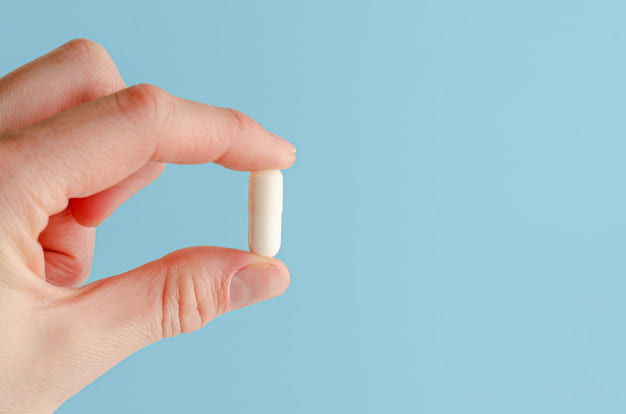New Zealand research has shown how gut bacteria from healthy, lean people can be used to improve the health of teenagers who are clinically obese.
Obese Auckland teenagers who swallowed capsules of the gut bacteria of healthy peers reduced a condition called “metabolic syndrome” that can lead to heart attack, stroke or type-2 diabetes.
The study was led by A Better Start’s Director Professor Wayne Cutfield and Dr Justin O’Sullivan, Deputy Director of the Liggins Institute in the University of Auckland.
The success of the trial means that teenagers who received placebo pills during the experiment will now be contacted and offered the real thing.
The research is at the frontiers of health, where scientists are discovering the potential for treating patients by altering the make-up of the bacteria living in their guts.
“This is an extremely exciting finding,” says Professor Cutfield. “This is an experimental area, but we’re edging closer to life-changing therapies. In the case of metabolic syndrome, we’re starting to understand which bacteria have the biggest beneficial effect.”
Key results of the study included:
The study involved 87 teenagers treated with either placebo
Gut microbiome capsules changed the gut microbiomes of teenagers to be more like those of their donors, remaining so through six months of follow-up.
Metabolic syndrome was present in many of the teenagers at the start of the study. By the end, metabolic syndrome had largely disappeared in the treated group (78 percent of the teenagers in that group no longer had it), while only disappearing in a small number of those in the placebo group (13 percent).
Metabolic syndrome consists of the combination of higher blood pressure, higher blood sugar, higher lipids and excess abdominal fat.
The capsules of gut bacteria didn’t, by themselves, result in weight loss, failing to match the effect previously seen in overweight mice. To the scientists, that suggests new avenues for research.
“This study didn’t strictly control diet,” says Dr O’Sullivan. “So we’re wondering what the effect might have been if combined with restrictions on diet – it’s an important avenue that needs to be explored.”
Some study participants have achieved substantial weigh loss since the trial concluded after making dietary and lifestyle changes – highlighting the possibility that an altered microbiome can make efforts at weight loss more successful.
The key idea behind the research is that altering the community of bacteria living in people’s guts can alter the way they metabolise food, potentially leading to weight loss and – as shown by the study – a reduction in risks commonly associated with obesity.
The Liggins Institute trial is believed to have been the first in the world to study gut microbiome transfer in obese teenagers. The transfer involved isolating the gut bacteria from the stools of healthy lean donors and putting it into capsules taken by the overweight teenagers. The study was safe, without any significant side effects.
The research is especially significant because New Zealand and the world are in the grip of obesity epidemics.
One in three children and 65 percent of adults in New Zealand are overweight or obese, and at increased risk of serious weight-related diseases such as type 2 diabetes, heart and liver disease.
Humans each carry our own unique population of about 30-40 trillion tiny microbes – that’s 1.5 kg of bacteria. These microscopic creatures interact in many different, intricate, and mainly unknown ways. Recent technological advances mean scientists are now beginning to discover just how crucial our microbiome is to our overall health and wellbeing. Indications are that a more diverse microbiome makes for a healthier human.
The Liggins Institute study was documented in the Greenstone TV series The Good Sh*t aired on THREE.

